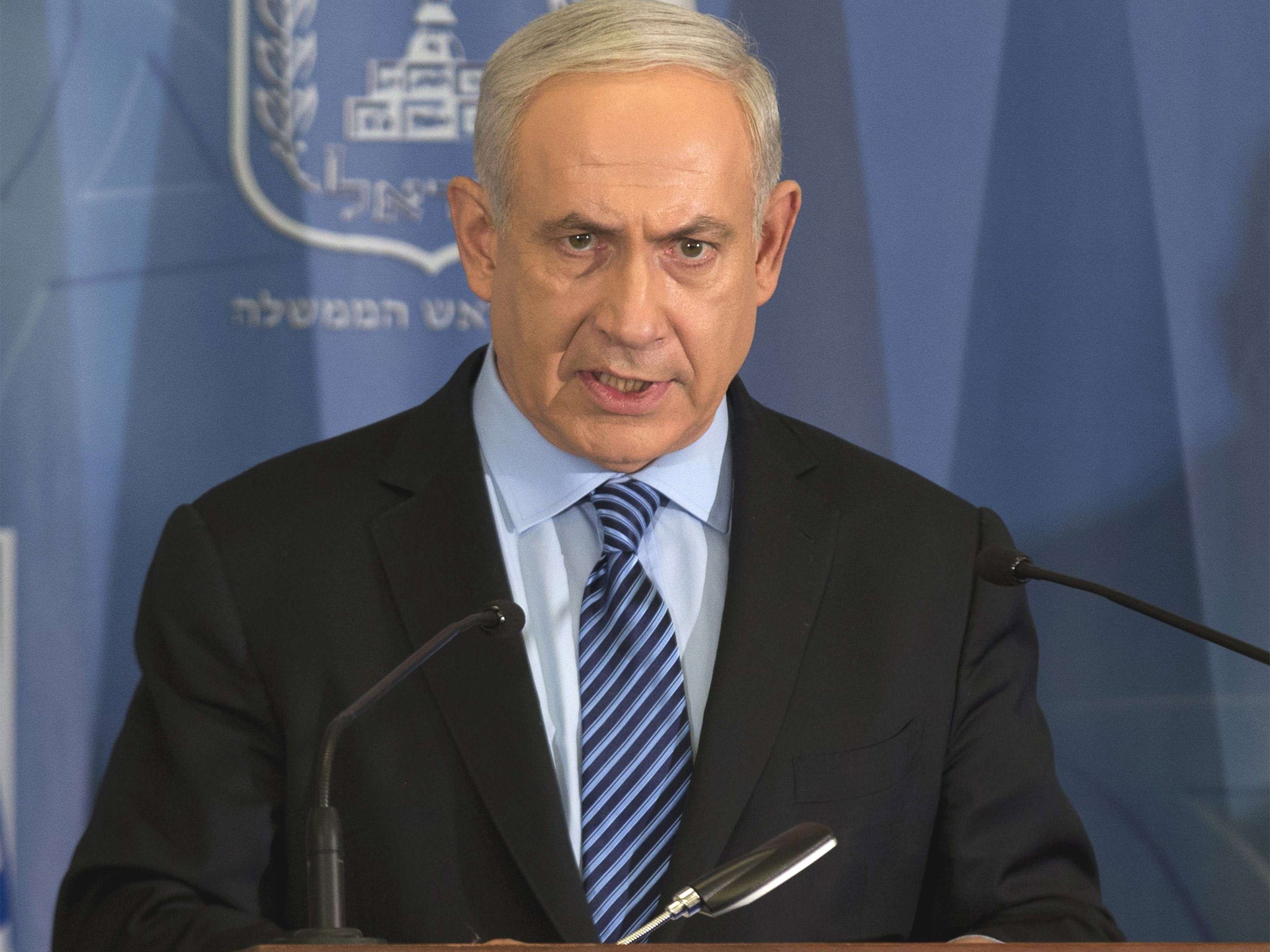From air strikes to hit squads: how Israel disposes of its enemies
Netanyahu is prepared to risk international censure that such attacks have provoked in the past


Your support helps us to tell the story
From reproductive rights to climate change to Big Tech, The Independent is on the ground when the story is developing. Whether it's investigating the financials of Elon Musk's pro-Trump PAC or producing our latest documentary, 'The A Word', which shines a light on the American women fighting for reproductive rights, we know how important it is to parse out the facts from the messaging.
At such a critical moment in US history, we need reporters on the ground. Your donation allows us to keep sending journalists to speak to both sides of the story.
The Independent is trusted by Americans across the entire political spectrum. And unlike many other quality news outlets, we choose not to lock Americans out of our reporting and analysis with paywalls. We believe quality journalism should be available to everyone, paid for by those who can afford it.
Your support makes all the difference.Israeli defence sources warned that assassinations of Hamas leaders may be resumed in retaliation for rocket attacks from Gaza. The killing of Ahmed Al-Jabari came just 24 hours later, in a message that Benjamin Netanyahu's government is prepared to risk the international censure that such attacks have provoked in the past.
The death of the Hamas military commander was an echo of similar operations in the past in which dozens of Palestinian militants have been wiped out. Israeli officials object to the term "assassination", preferring to describe the lethal assaults as "Sikul memukad" or "targeted prevention". They claim it is a legitimate strategy to neutralise an enemy intent on carrying out acts of violence against the Jewish state. On 14 December 2006, the Israeli Supreme Court ruled that targeted killing is a legitimate form of self-defence against what it termed terrorism, while stipulating conditions for its use.
Targeted killings have been part of the Israeli armoury in the course of the Middle-East conflict, with missions carried out both inside and outside its borders. Most of the killings have been through air strikes, but there has also been the use of explosives, snipers and hit squads.
High-profile victims have included Palestinian leaders Abdel Aziz al-Rantissi, Sheikh Ahmed Ismail Yassin and Adnan al-Ghoul, who were all eliminated during the Al-Aqsa Intifada in 2004. Abu Jihad, one of the founders of Fatah, was killed in Tunis in 1988. Those suspected of involvement in the massacre at the Munich Olympics in 1972 were tracked down and killed in a number of countries. The hunt ended after Mossad agents shot dead an innocent Moroccan waiter, Ahmed Bouchiki, in the Norwegian town of Lillehammer, mistaking him for the Black September's chief of operations Ali Hassan Salameh. Israel has paid compensation to Mr Bouchiki's family but have not admitted responsibility for the death. Overall, Israel has maintained a defiant stance against widespread criticism over some of the attacks.
In 2010, in one of the most high-profile cases, senior Hamas commander Mahmoud al-Mabhouh was reportedly drugged with a paralytic, electrocuted, and then suffocated in a Dubai hotel room. A Mossad hit squad of about 20 operatives is believed to have carried out the killing. Many of them travelled on false passports, including British ones, leading to severe criticism from the countries involved. A number of Israeli diplomats, including Mossad's head of operations in the UK, were expelled. Israel refused to apologise or acknowledge that its agents were involved.
Israeli officials maintain that far fewer civilians have been killed in its targeted hits than, for example, through US drone strikes in Pakistan and Afghanistan. However, figures produced by the Israeli Defence Forces have been disputed. An investigation by the Israeli Human Rights organisation B'Tselem into fatalities found that targeted killings claimed 425 Palestinian lives between September 2000 and August 2011. Of these, 251 (59.1 per cent) were the targeted militants and 174 (40.9 per cent) civilian bystanders.
Join our commenting forum
Join thought-provoking conversations, follow other Independent readers and see their replies
Comments